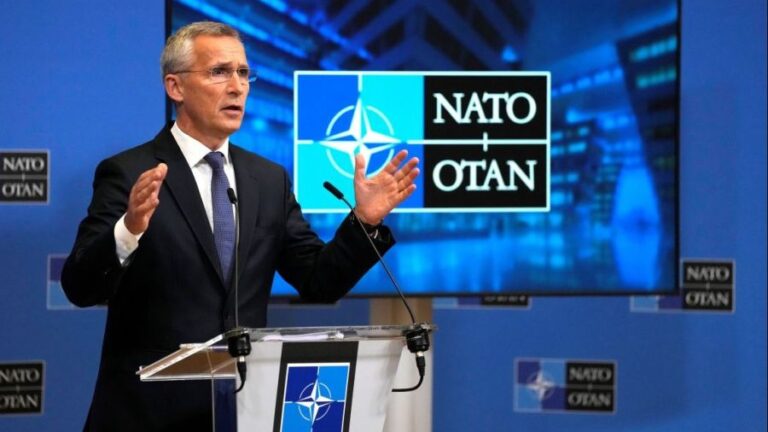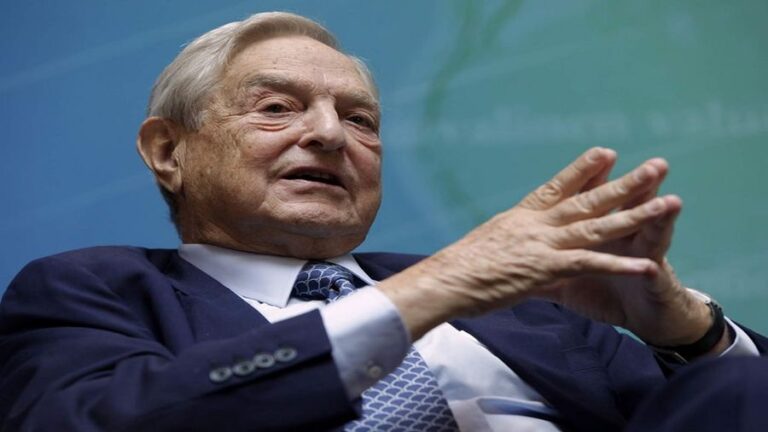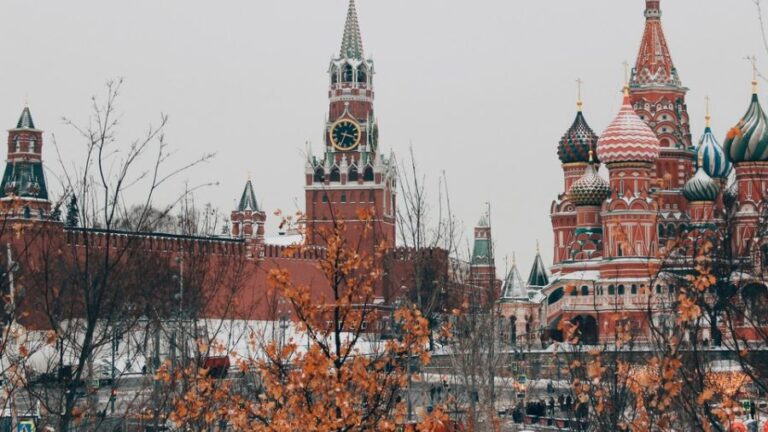Interpreting China’s Response to the Balloon Incident
Whether one regards this stance as innocently optimistic or irredeemably delusional, there’s no denying that President Xi is still clinging to the New Détente, though it might ultimately be for naught.
The balloon incident is shaping up to be the most decisive moment in the New Cold War since the start of Russia’s special operation a year ago. The Sino-American New Détente was unexpectedly derailed due to the subversive intervention of their hardline factions that were both opposed to this potentially game-changing rapprochement. Nevertheless, President Xi still isn’t giving up on his goal of improving ties with the US as evidenced by his country’s reaction to this incident.
It was expected that China would put forth a “plausibly deniable” explanation instead of outright admitting to the reconnaissance that it’s accused of, but it wasn’t foreseeable that it would downplay Blinken’s decision to postpone his trip to Beijing by claiming that it was never confirmed. That narrative was designed to “save face” and leave open the opportunity for rescheduling his visit, which adds credence to the observation that President Xi still hopes to save the New Détente.
Furthermore, he tried to throw a proverbial bone to the Republicans by firing the head of his national weather service in accordance with the “plausibly deniable” narrative that his side put forth alleging that the suspected reconnaissance vehicle was just a wayward civilian airship researching the weather. Nevertheless, CNN noted that this individual was already expected to leave his post sometime soon anyhow after previously being appointed to another position, which thus makes this move ring hollow.
Upon the US finally shooting down the balloon, China warned that it “reserves the right to use necessary means to deal with similar situations”, which can be interpreted in two ways that aren’t mutually exclusive despite appearing so on the surface. It hints that the military’s anti-US hardliners have a free hand to resort to a tit-for-tat response if the opportunity arises, which could also serve the purpose of “escalating to de-escalate” by prompting a call between their leaders, but it also “saves face” too.
To explain, it’s unrealistic to expect that China wouldn’t have conveyed such a warning after what happened since it’s a self-respecting and sovereign state that obviously has the right to react similarly to any US aerial asset that intrudes upon its borders. Should that happen, then there’s no doubt that the military would shoot it down out after the US just shot down China’s balloon instead of letting political officials try to quietly resolve the incident behind the scenes like countries usually do in such situations.
Even so, Chinese Vice Foreign Minister Xie Feng also released a statement shortly after that one where he said that “What the US did severely impacted and endangered the efforts and process for the two sides to stabilize bilateral relations since the meeting in Bali. China is firmly opposed to and strongly protested US’ actions. China urged the US not to take further moves that violate China’s interests, or to escalate the fraught situation.”
This strongly suggests that China would prefer not to have its hand forced and thus be compelled to go through with the abovementioned scenario of shooting down a US aerial asset in the event that one intrudes upon its borders. Xie’s lamentation of the damage that this incident inflicted upon their leaders’ hoped-for New Détente is yet another signal that President Xi still isn’t giving up on their potentially game-changing rapprochement despite the seemingly insurmountable odds after what just happened.
Quite clearly, improving bilateral relations remains so important for the Chinese leader that he won’t do anything that could further complicate this grand strategic goal that he’s personally invested his reputation into advancing after initiating this process during the G20 Summit in mid-November. Whether one regards this stance as innocently optimistic or irredeemably delusional, there’s no denying that President Xi is still clinging to the New Détente, though it might ultimately be for naught.







